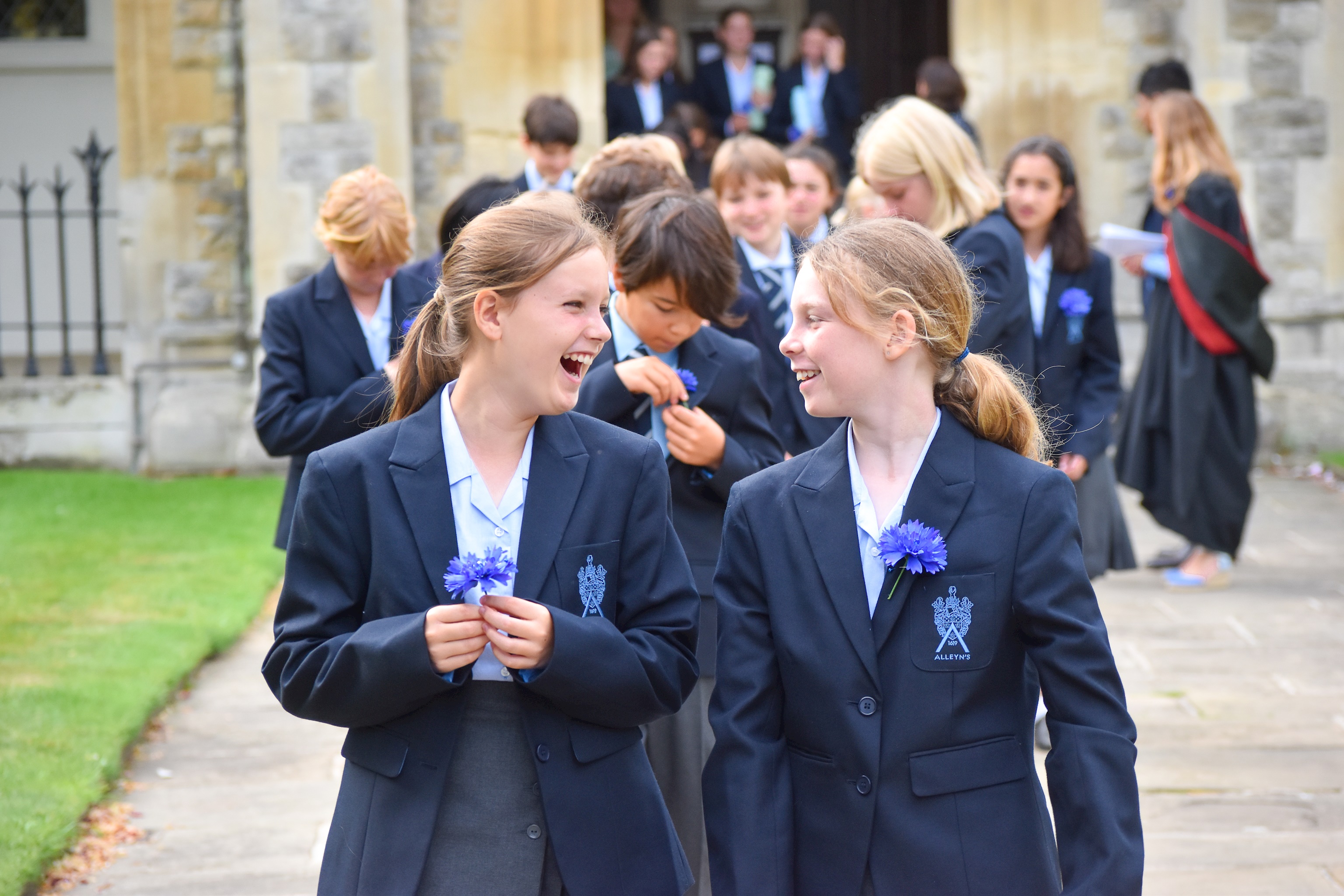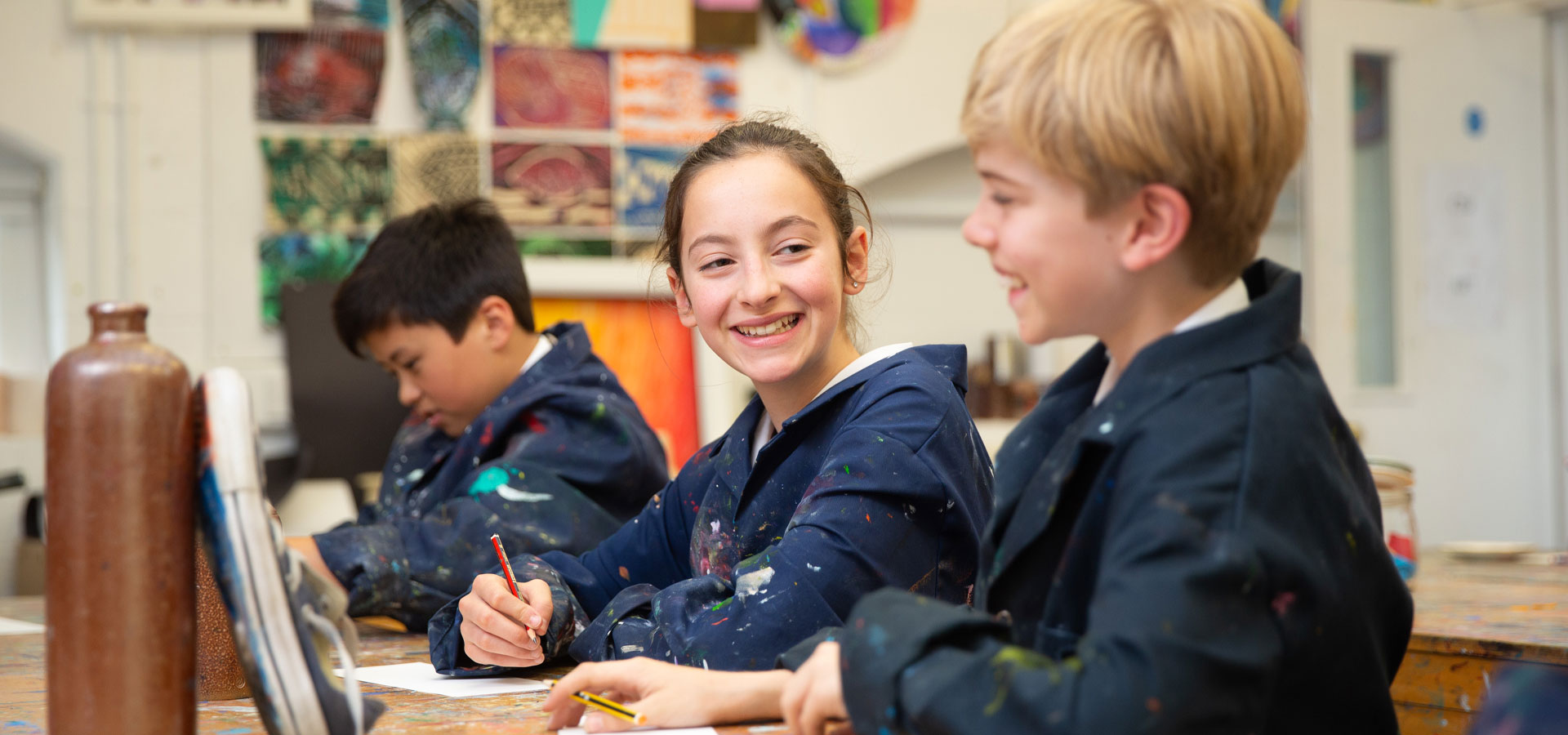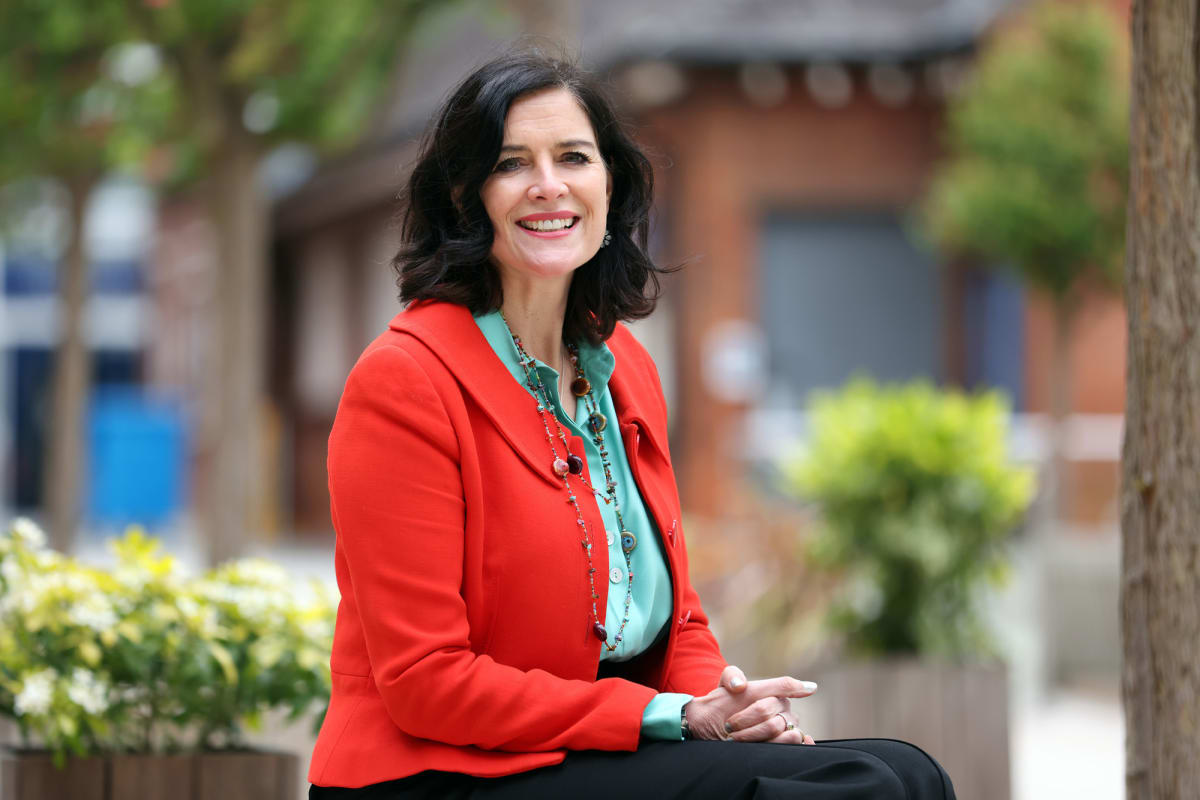If we were in any doubt about the universality and ubiquitous nature of the concerns raised through the Everyone’s Invited website, the report by Ofsted, and Soma Sara’s subsequent comments, put that to rest. As the name of her website indicates, the invitation to comment is extended to everyone and that is because, sadly, almost everyone could comment in one way or another. The Ofsted report explains that sexual harassment or sexism is so prevalent amongst teenagers (90% of teenage girls say they have been sent nude pictures by their peers, for example) that most don’t bother to report it. And that, of course, is why anonymous reporting mechanisms like Everyone’s Invited, have been so explosively successful. There was a real need out there and good on Soma Sara for recognising that and to some extent meeting it.
I’ve been in two other discussions this week which have shone a bright light on this issue. The first, a parents’ pastoral evening hosted by Alleyn’s on Tuesday, at which two wonderfully candid and generous barristers shared their professional experiences of prosecuting and defending children and young people involved in sexual abuse or harassment cases. The take-away? We have a huge job to do to get our teenagers to understand what consent means in 2021 and to recognise its many and varied manifestations and implications – not just at parties, but online: in WhatsApp groups, in casual sexting, in sharing (or even receiving) offensive material. The other discussion, a webinar run by RSAcademics and delivered by Mungo Dunnett, on Wednesday night, focused on the easy tribalism of traditional gender stereotyping, which has been reinforced and exacerbated by months of online living via lockdown. His question – a powerful and important one – what are we doing, in our schools, directly to tackle this?
And of course, we all have our answers ready. All schools will reference their Relationships and Sex Education Policy (which, I’m delighted to hear the Government has decided to update, in the light of the Ofsted review). They may well talk about extra training sessions for pupils, parents and staff. Or about the creation of safe-spaces to report gender-related incidents. There may well have been sanctions for wrongdoers, counselling for those who need support, independent audits, full safeguarding reviews, engagement with alumni. We have certainly been incredibly agile, hand-in-hand with our school community, in doing all of that. And we love the fact that we now have more than 100 student gender champions, over 10% of our Senior School cohort (comprising and representing all pupils, whatever their gender), working with staff and alumni, to create the Alleyn’s Gender Equality Charter. All our staff (every member of our community) are engaging with online training modules offered by UK Feminista. Their modules directly address the unconscious bias and stereotyping that can affect the most well-meaning and diverse communities. This has all been so worthwhile. It is already bearing positive fruit and I know that many schools are doing similar things.
But what I have taken away from this week’s conversation, certainly what the striking voice of Soma Sara reminds us today, is that this really is just the start. And this is not simply a matter for schools. The digital revolution has not just changed the medium; it has, absolutely changed the message. It was not “ever thus”. Porn has been around (and just about) available to teenagers for decades, but there is a world of difference between the naked breasts just about visible in the top shelf Playboy of my youth and the extreme, universally available, highly graphic online porn industry, so easily within reach of our teens and pre-teens. This is not just about the vehicle (the phone, not the magazine), this absolutely changes the way our kids think about sex, and the way they think about other genders in the light of it.
Similarly, whilst 30 years ago, boys might have whistled in the street or sent a note in class or told his mate to tell your mate that he fancied you, now sexual attraction or interest is being paraded or parodied in large, tribal groups online – under the ever-watchful eyes of potentially hundreds of viewers. Think what that is likely to do to the message.
And all of us live in this digital world. Like all revolutions, we are playing catch up and that is as true in schools as anywhere else. The adults in the room, have quite clearly, simply not really been in the room. Because, so often, the room is online. So now we need to join hands – parents, teachers, politicians, advisors, inspectors – and work together with our young people, carefully, over time and with due humility and patience, to create a better plan to keep children safe from the pitfalls of our times and from the digital, febrile, intensely scrutinising world we have helped to create.
Maybe the best way to start this, is to go back to the stuff that is true now and has always been true and make sure our children remember it. Our job is to help them to know what is right and then to do it. To put kindness before kudos. To recognise, always the humanity in the people around them.
We have received what could be described as a call to arms. This could be our moment, to change what doesn’t work, to mobilise so much of what makes great education – our care for our kids, our desire to work closely with parents, our belief in what is good, to make a real difference and to set the agenda. In the end, despite all the newness and the technology and the noise, the message for our children is reassuringly simple: be kind. Do the right thing.
Jane T Lunnon
Head of Alleyn's






.jpg)





















